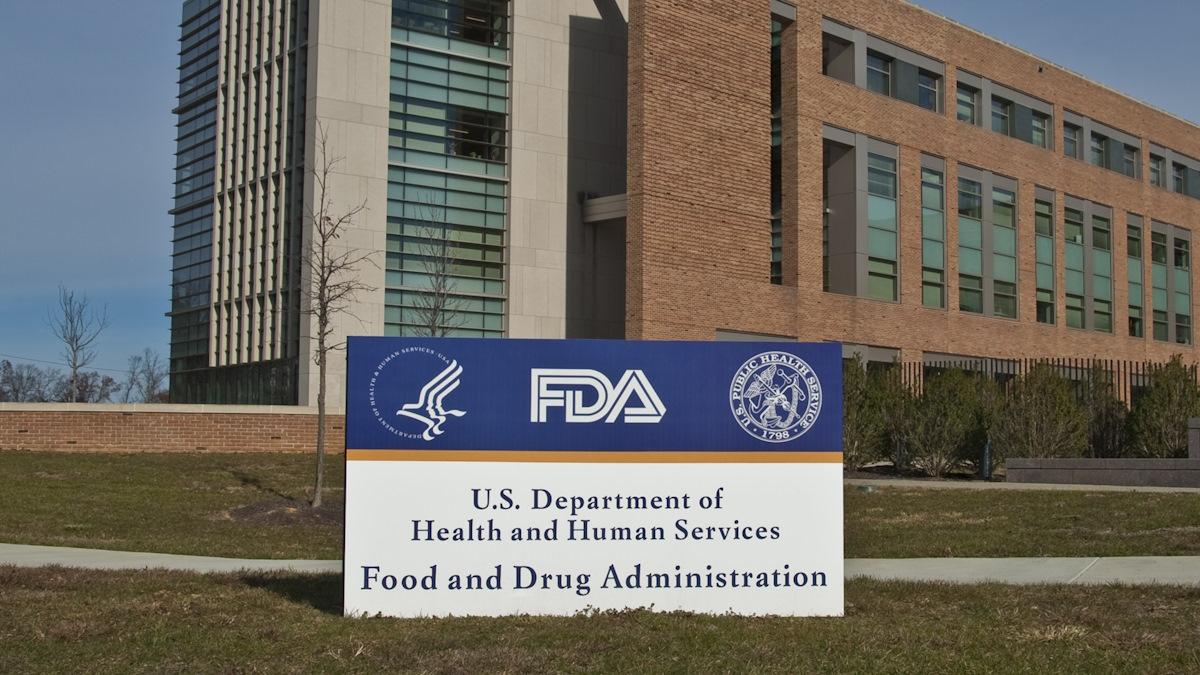FDA sets August date for subcutaneous Leqembi decision

The FDA has started its review of a subcutaneous injection formulation of Eisai and Biogen's Alzheimer's drug Leqembi that could allow patients to receive maintenance doses at home, rather than in an infusion clinic.
Eisai and Biogen's filing is for a once-weekly autoinjector formulation of Leqembi (lecanemab) that would be used after a biweekly IV initial induction course, the duration of which remains under discussion with the FDA. The US regulator expects to complete its review by 31st August.
It is part of a concerted effort by the two pharma groups to simplify the dosing regimen for the anti-amyloid drug and try to accelerate sales growth, which has remained stubbornly sluggish since it was approved in 2023.
Globally, the drug made $67 million in the third quarter of 2024, including $39 million in the US – which actually came in a little ahead of analyst expectations – but regulatory rejections in Europe and Australia, as well as negative reimbursement decisions by health technology assessment (HTA) bodies, have dialled back forecasts.
The FDA filing for the autoinjector version is based on data from the Clarity AD open-label extension (OLE), which showed that, after induction, six months of weekly dosing of subcutaneous Leqembi was superior to biweekly infusions at removing amyloid plaques from the brains of Alzheimer's patients.
In tandem, Eisai and Biogen have also filed to extend the label for Leqembi to include a maintenance dosing regimen that would reduce the number of intravenous infusions needed to prevent amyloid accumulation in the brain to one per month. A decision on that application is due by 25th January.
If approved, the two extensions to the Leqembi product range could also help Eisai and Biogen ward off competition from Eli Lilly, those rival anti-amyloid therapy Kisunla (donanemab), which got full FDA approval last summer.
Lilly claimed at launch that its drug has advantages over Leqembi, including approval for use only until amyloid plaques are cleared from the brain, while Eisai and Biogen's label calls for continuous treatment, and also offers a once-monthly dosing schedule that requires fewer visits to infusion clinics.
If the autoinjector is approved, Leqembi will be the only treatment for Alzheimer's that can be administered subcutaneously at home, with the dosing process taking around 15 seconds versus approximately an hour for the current infusion regimen.
To date, Leqembi has been approved in the US, Japan, China, South Korea, Hong Kong, Israel, UAE, GB, Mexico, and Macau, and in November was backed for approval in the EU, reversing an earlier negative decision.
Analysts at Jefferies have previously suggested that the subcutaneous formulation will be the key to kickstarting sales growth, allowing Eisai and Biogen to build on steady growth in the US, even with the drawbacks associated with IV administration.












